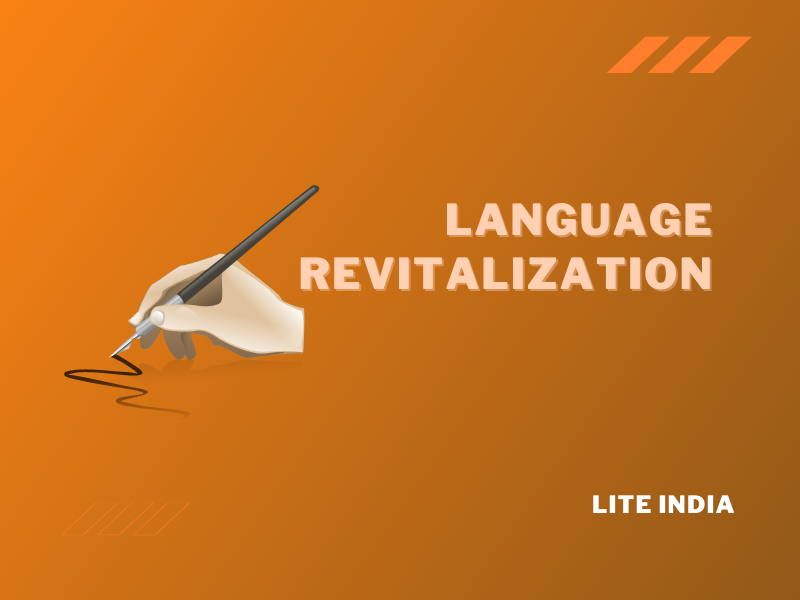Languages hold the essence of a culture, serving as a vessel for traditions, stories, and collective memories. However, many indigenous and minority languages face the risk of extinction, eroding the tapestry of human diversity. In this article, we delve into the importance of language revitalization. What are the efforts to reclaim and preserve endangered languages, and the profound impact it has on communities?
Preserving Heritage
Communities come together in a collective endeavour to revive marginalized or threatened languages through language revitalization. It honours the voices of the past and ensures that future generations can connect with their cultural roots. By revitalizing languages, we acknowledge the inherent worth of diverse linguistic heritages and the valuable knowledge they hold.
Revitalization Efforts
Language revitalization takes various forms, ranging from documentation and preservation to active language learning and community engagement. Local communities play a pivotal role in these efforts, working tirelessly to pass down linguistic knowledge, revive oral traditions, and develop resources for teaching and learning.
Through language immersion programs, children and adults alike are given opportunities to embrace their mother tongues, connecting with the wisdom and heritage of their ancestors. Language nests, where children learn through play and interaction, foster a sense of belonging and ensure the transmission of linguistic knowledge to the next generation.
Preserving Indigenous Knowledge
Language revitalization not only preserves the linguistic aspect but also safeguards indigenous knowledge systems. Languages encapsulate unique perspectives on nature, the environment, traditional healing practices, and cultural customs. Reviving these languages renews the ability to transmit invaluable traditional knowledge, ensuring its continuity and preventing its loss.
Cultural Identity and Well-being
Language is intricately tied to cultural identity, shaping how individuals perceive themselves and their place in the world. Therefore, by revitalizing languages, communities reclaim their identity, fostering a sense of pride and empowerment. Language revitalization serves as a catalyst for cultural resurgence, bolstering self-esteem and well-being among community members.
Connecting Generations
Revitalizing endangered languages strengthens intergenerational bonds, bridging the gap between elders and younger members of the community. Language becomes a vehicle for transmitting wisdom, stories, and cultural values, fostering a deeper understanding of one’s heritage and promoting intergenerational harmony.
Conclusion
Language revitalization is a testament to the resilience and determination of communities to preserve their linguistic and cultural heritage. It is an investment in the future, ensuring that diverse languages continue to thrive and enrich our collective human experience. By supporting language revitalization efforts, we recognize the beauty and value of linguistic diversity and contribute to the preservation of our shared global heritage. Let us celebrate the power of language revitalization and work together to breathe new life into endangered languages, nurturing the vibrant tapestry of human culture for generations to come.

